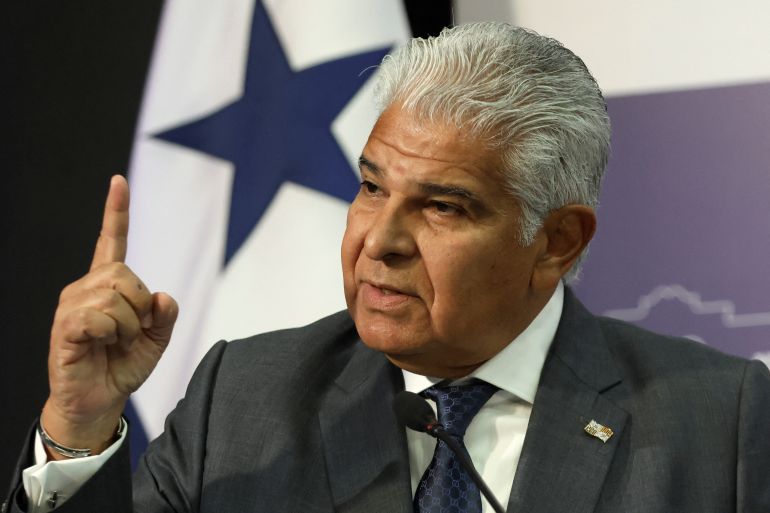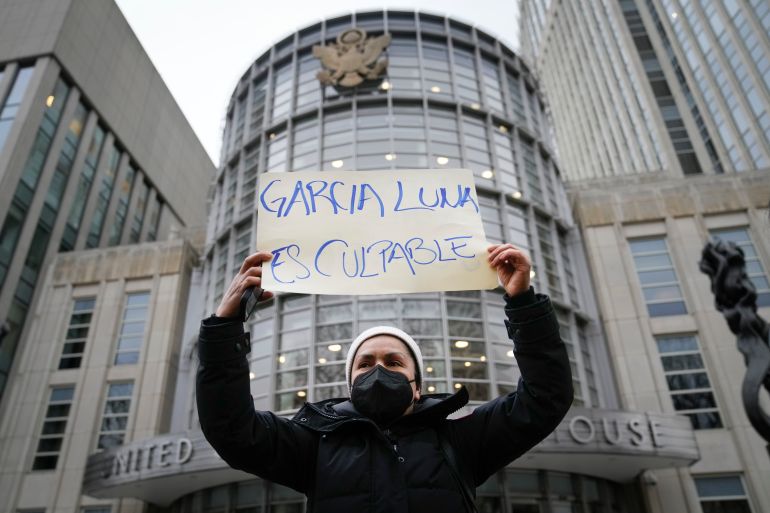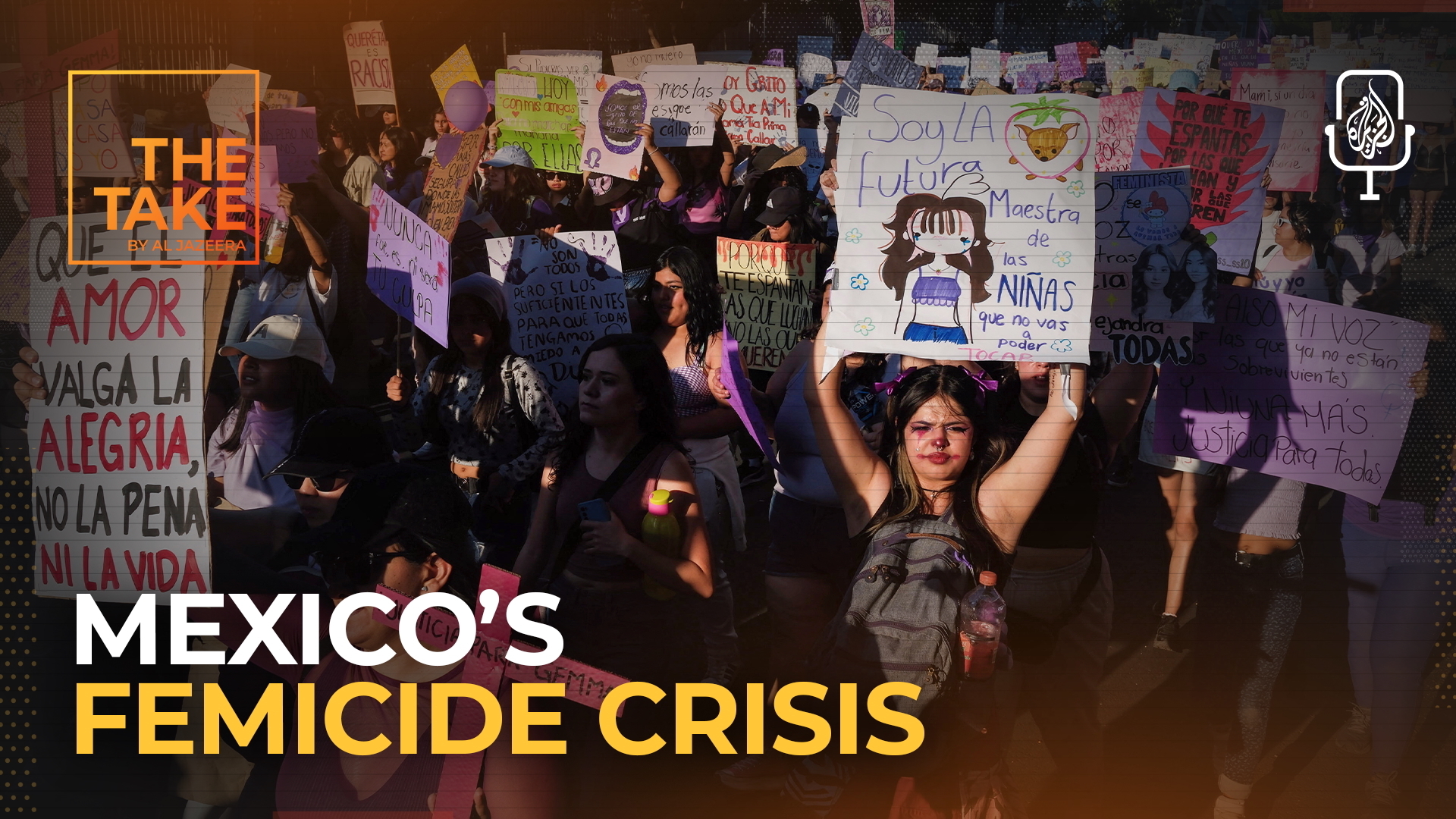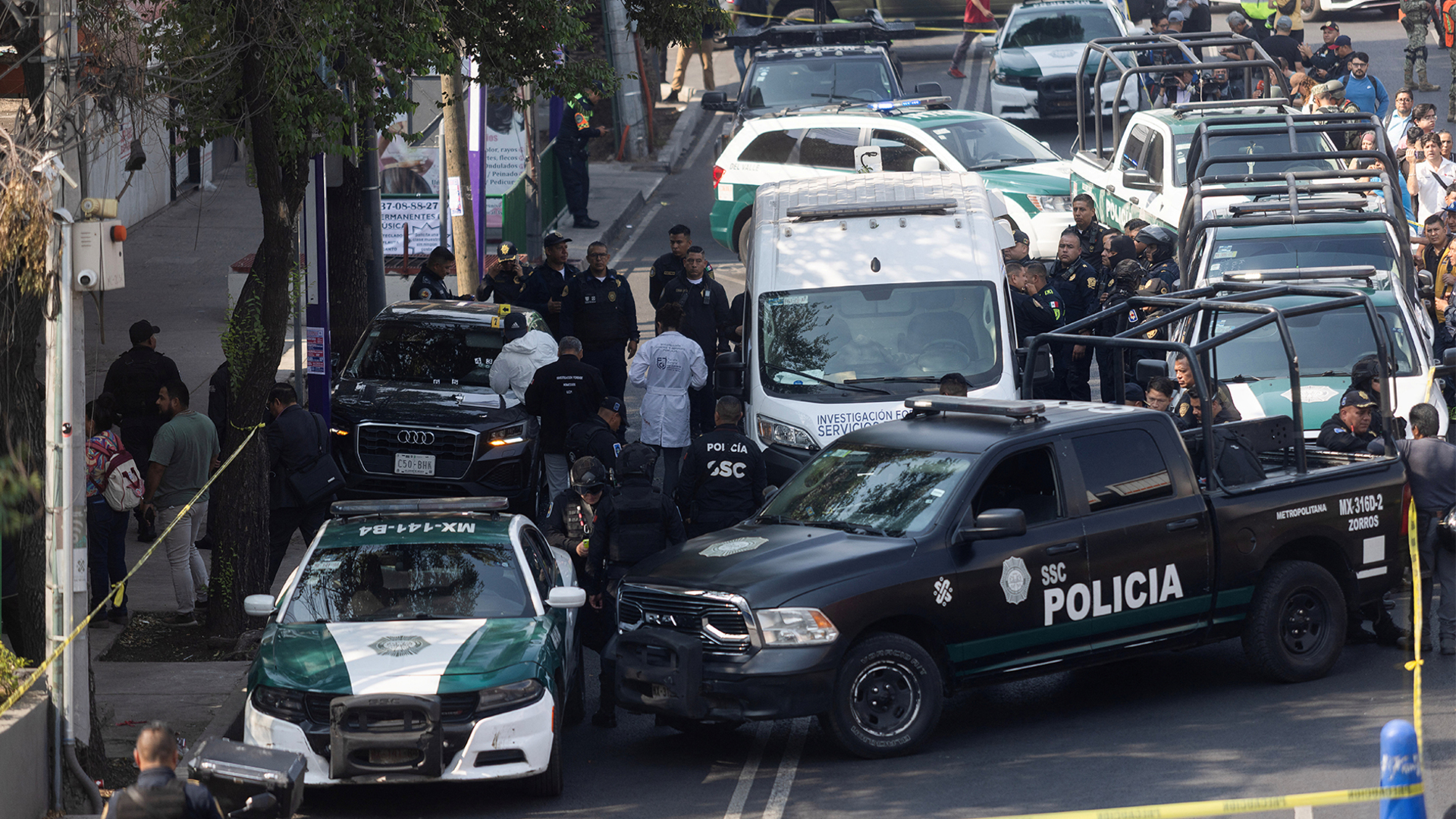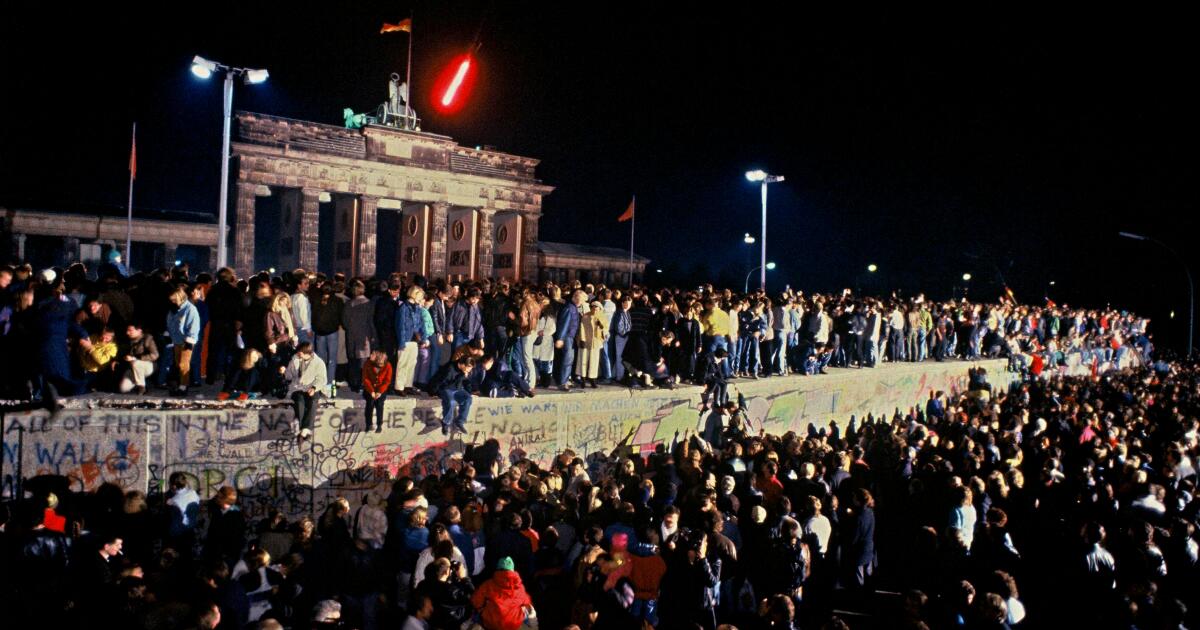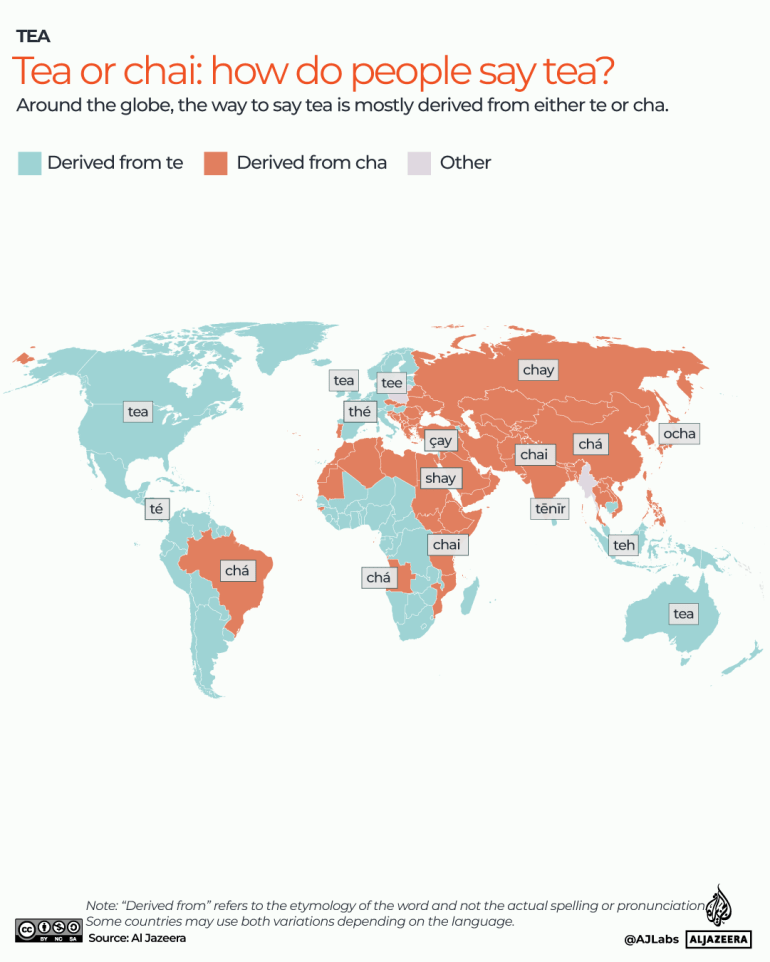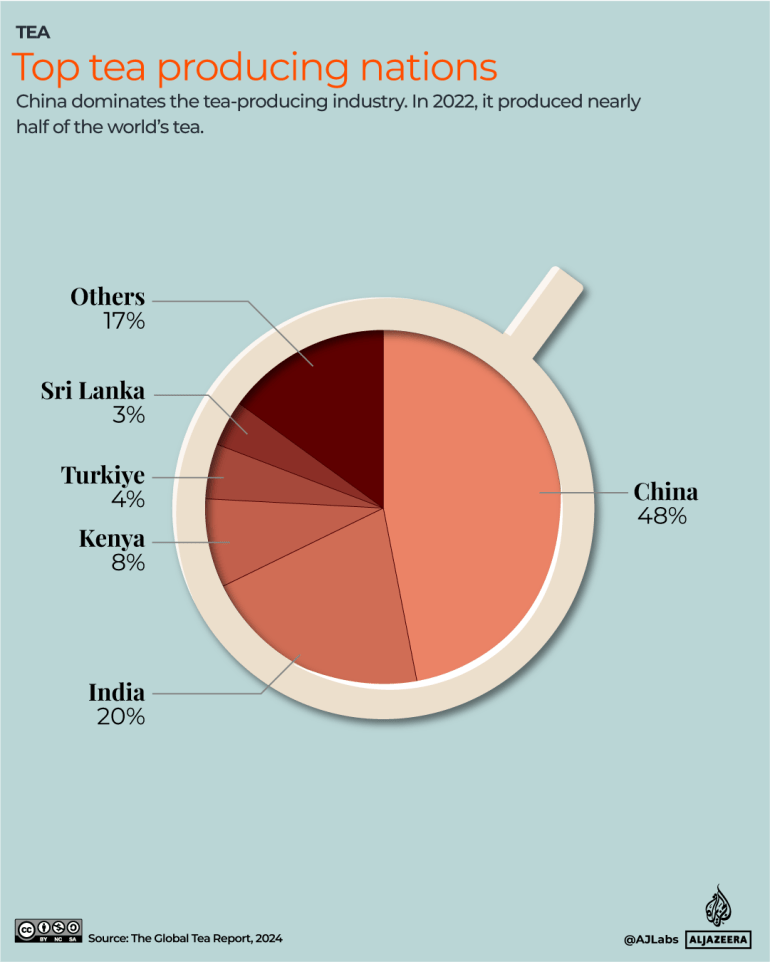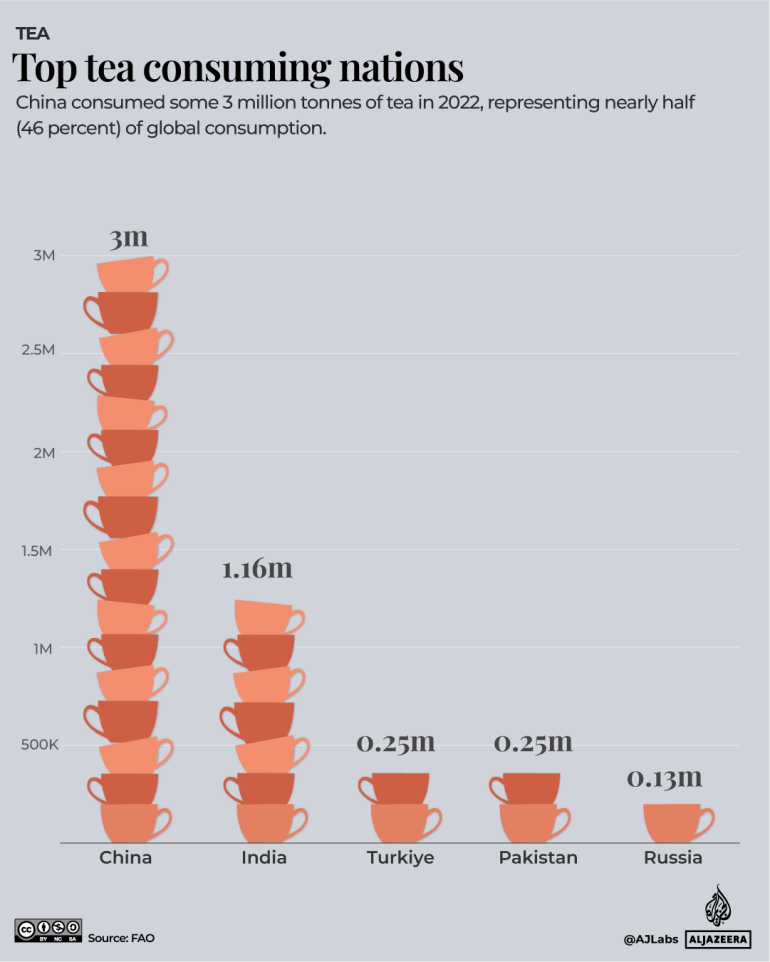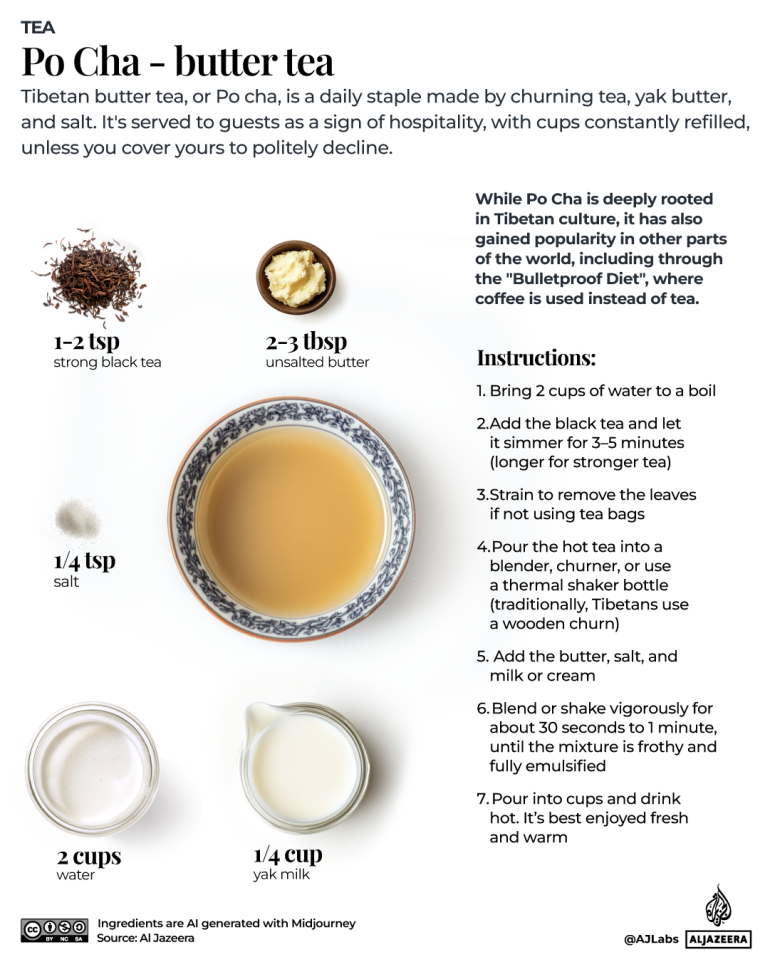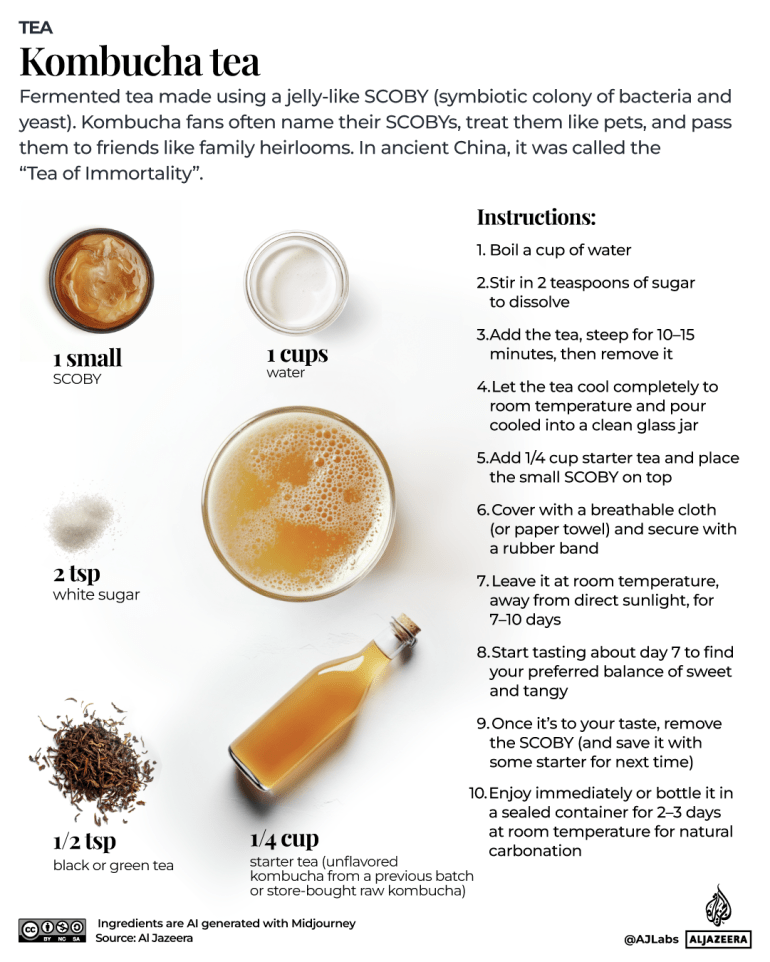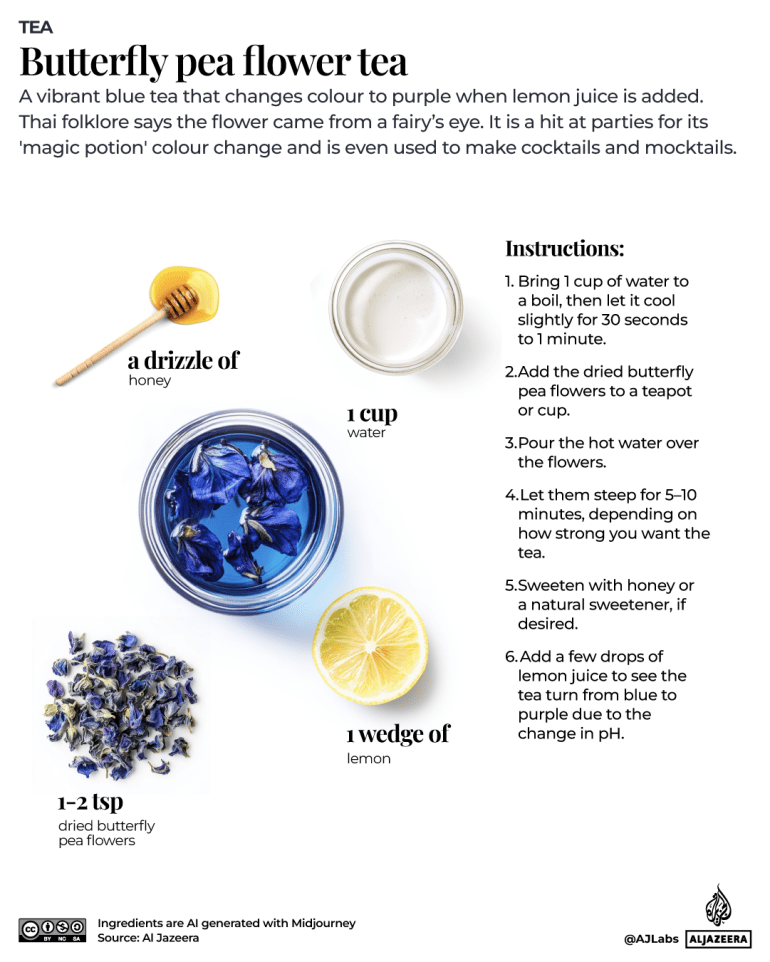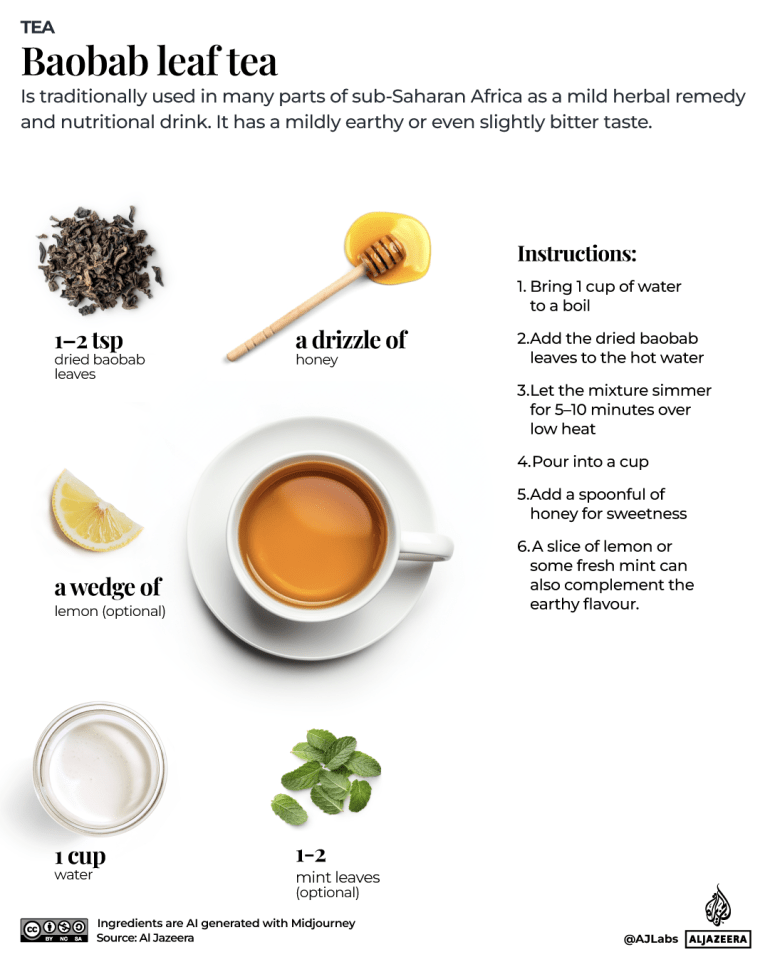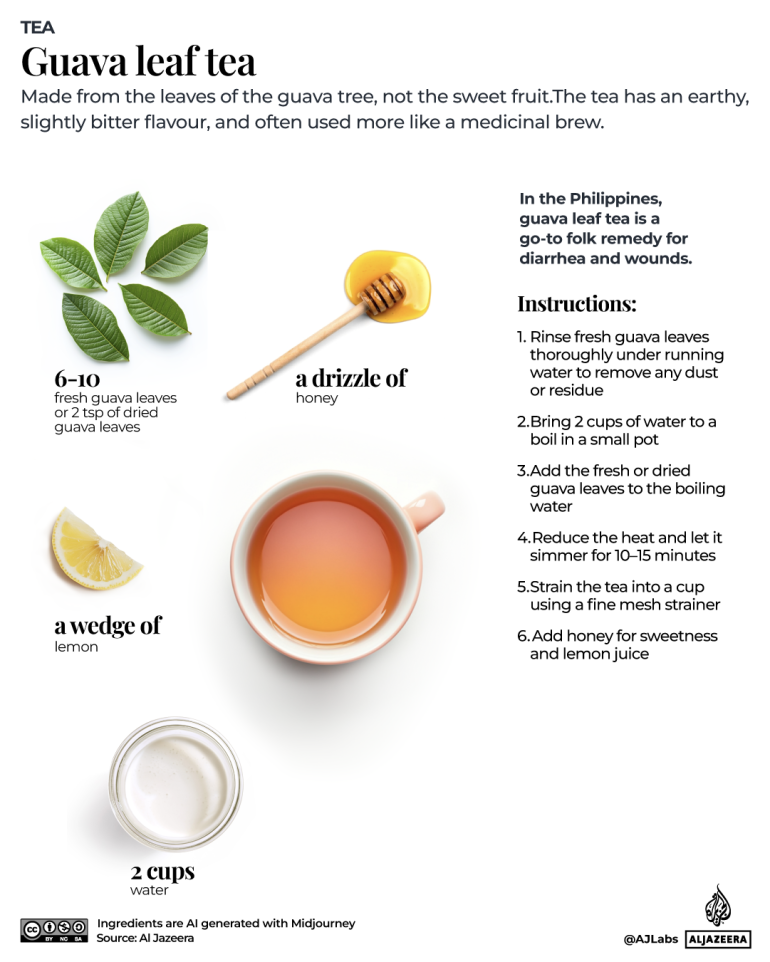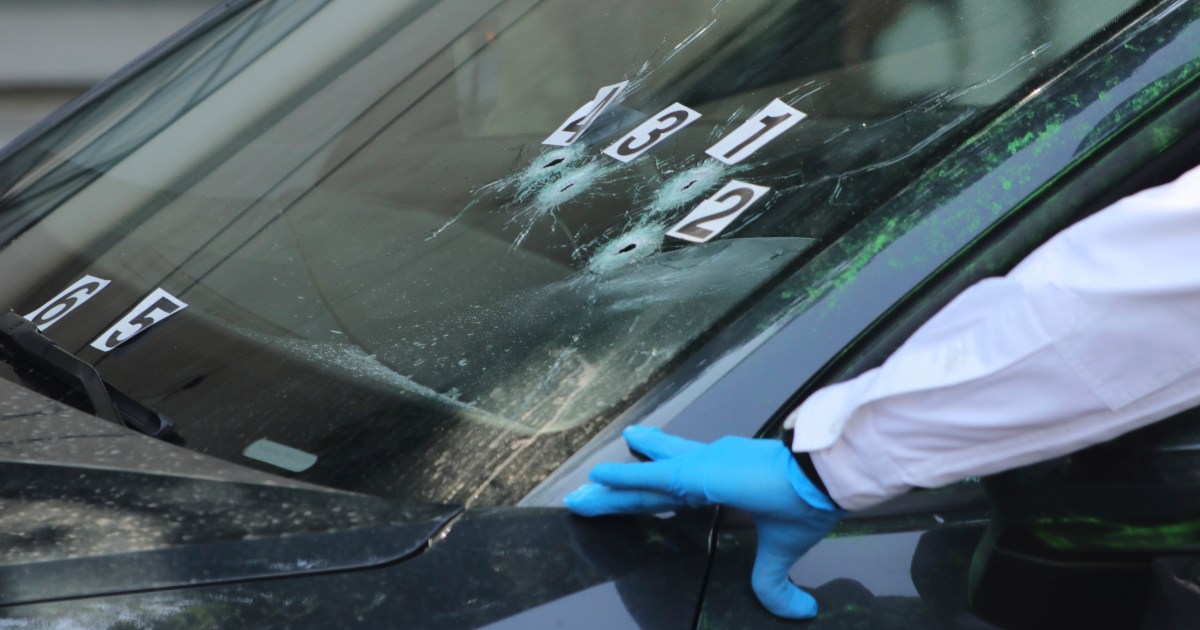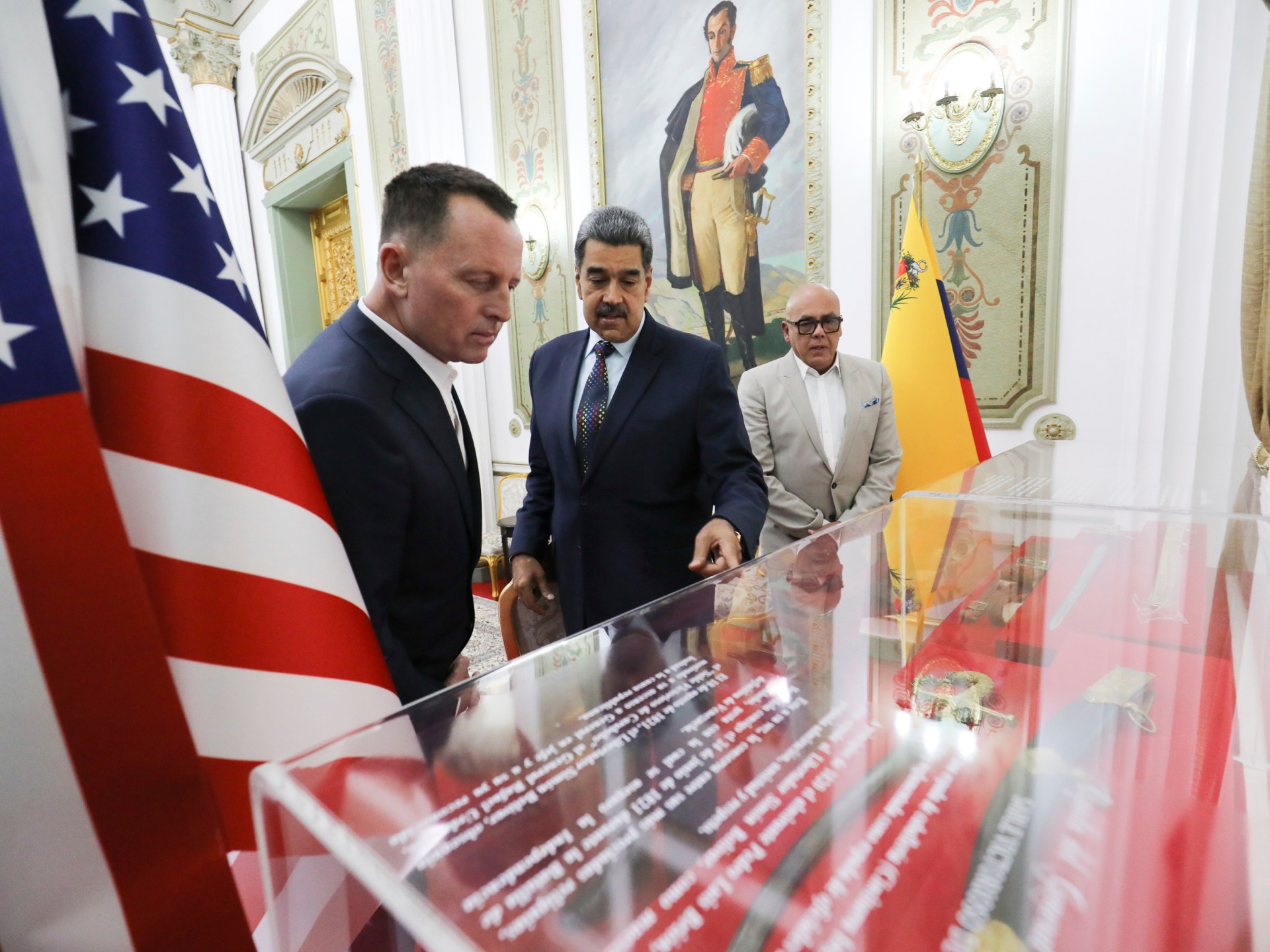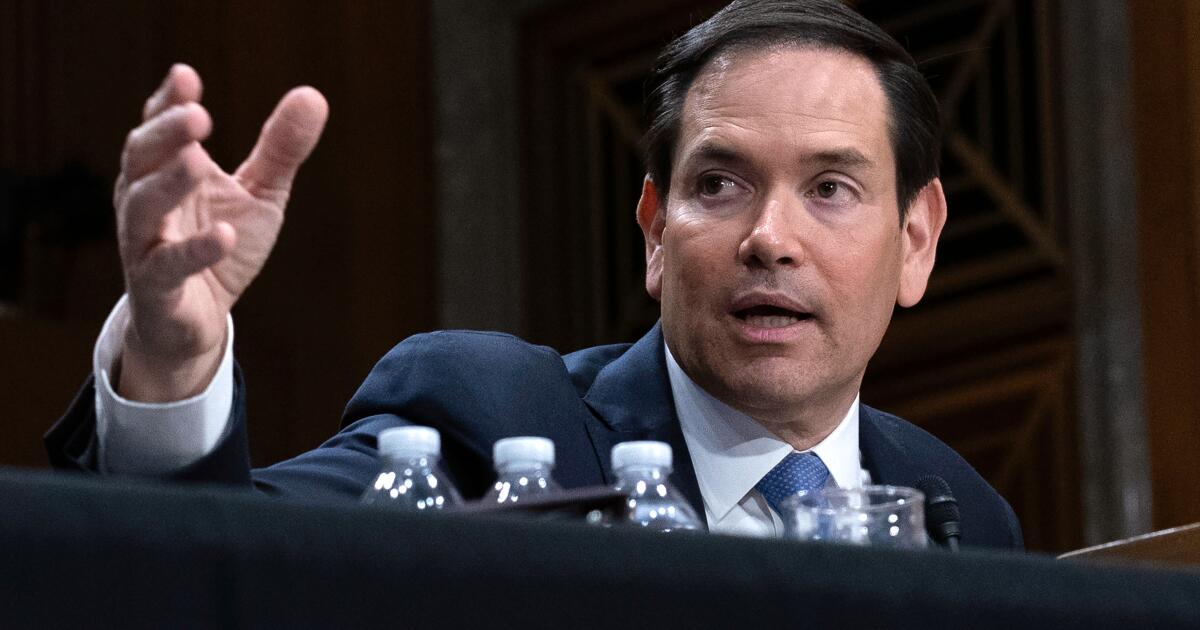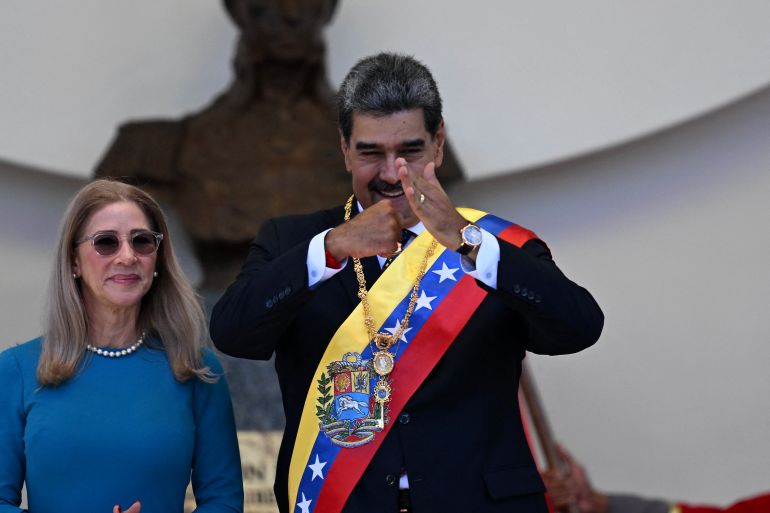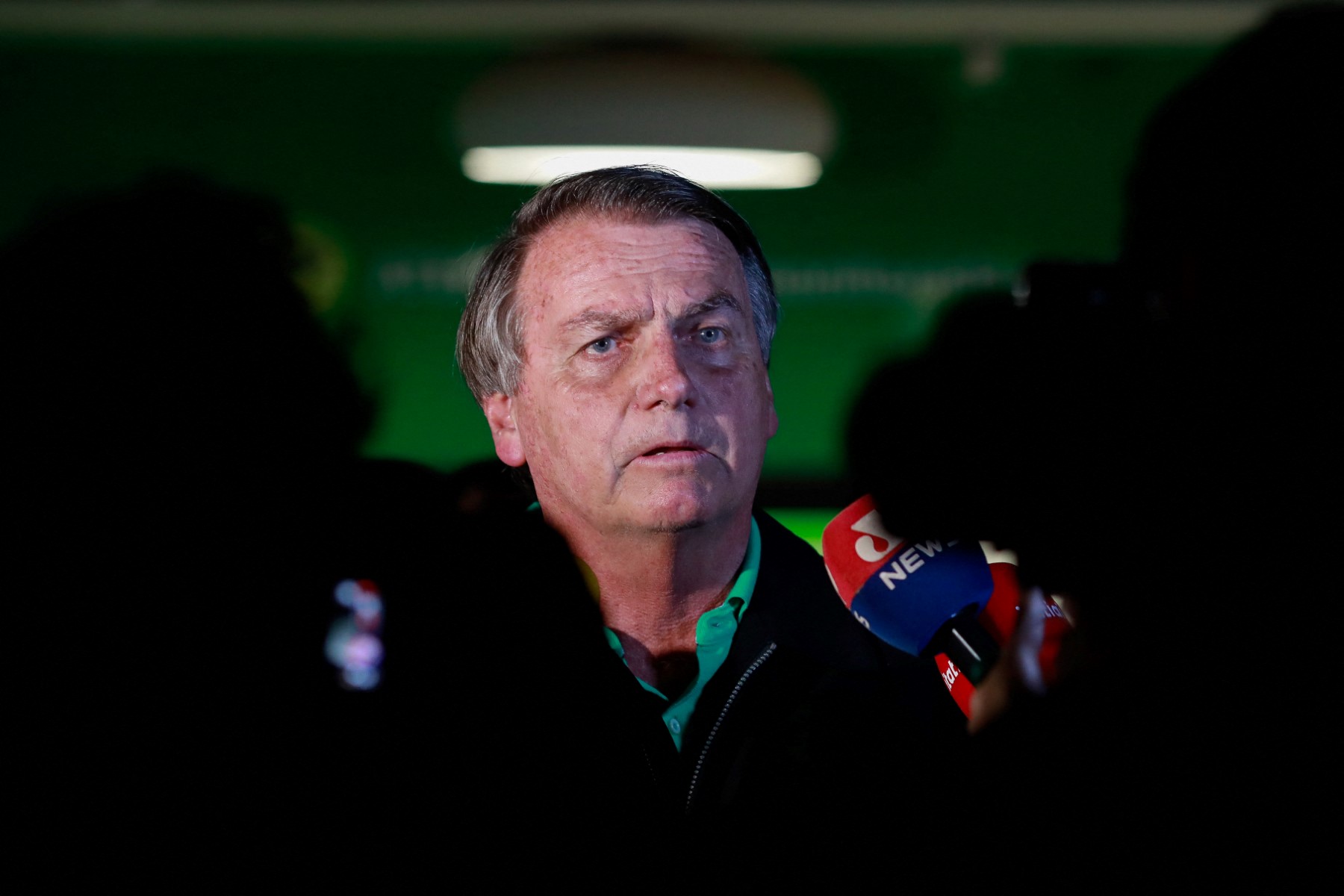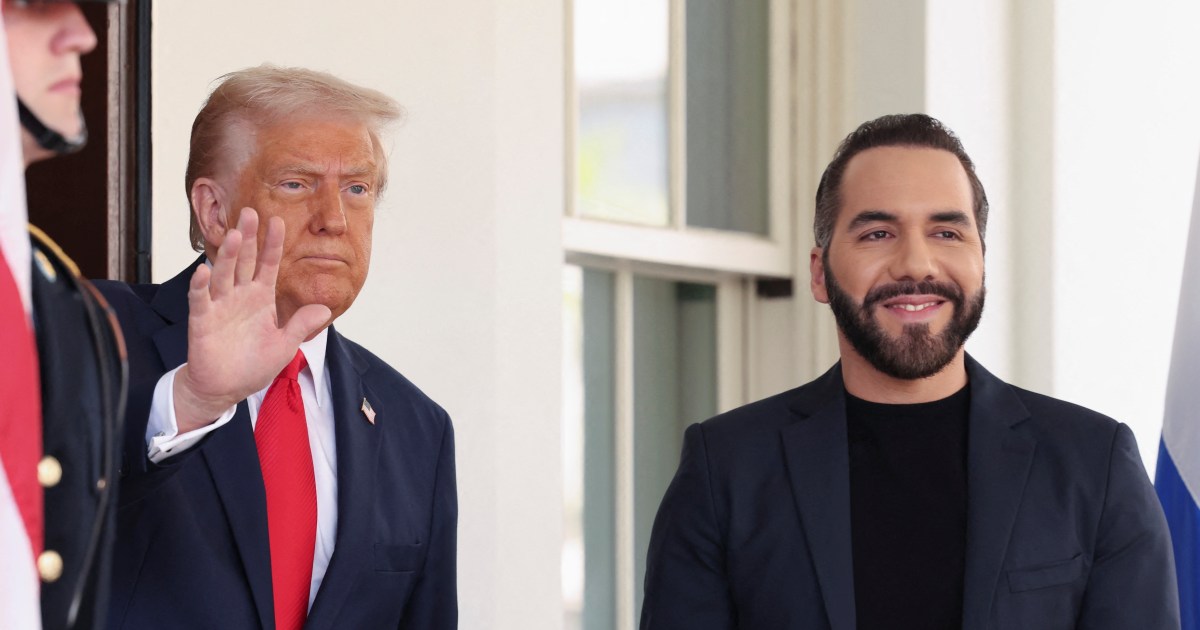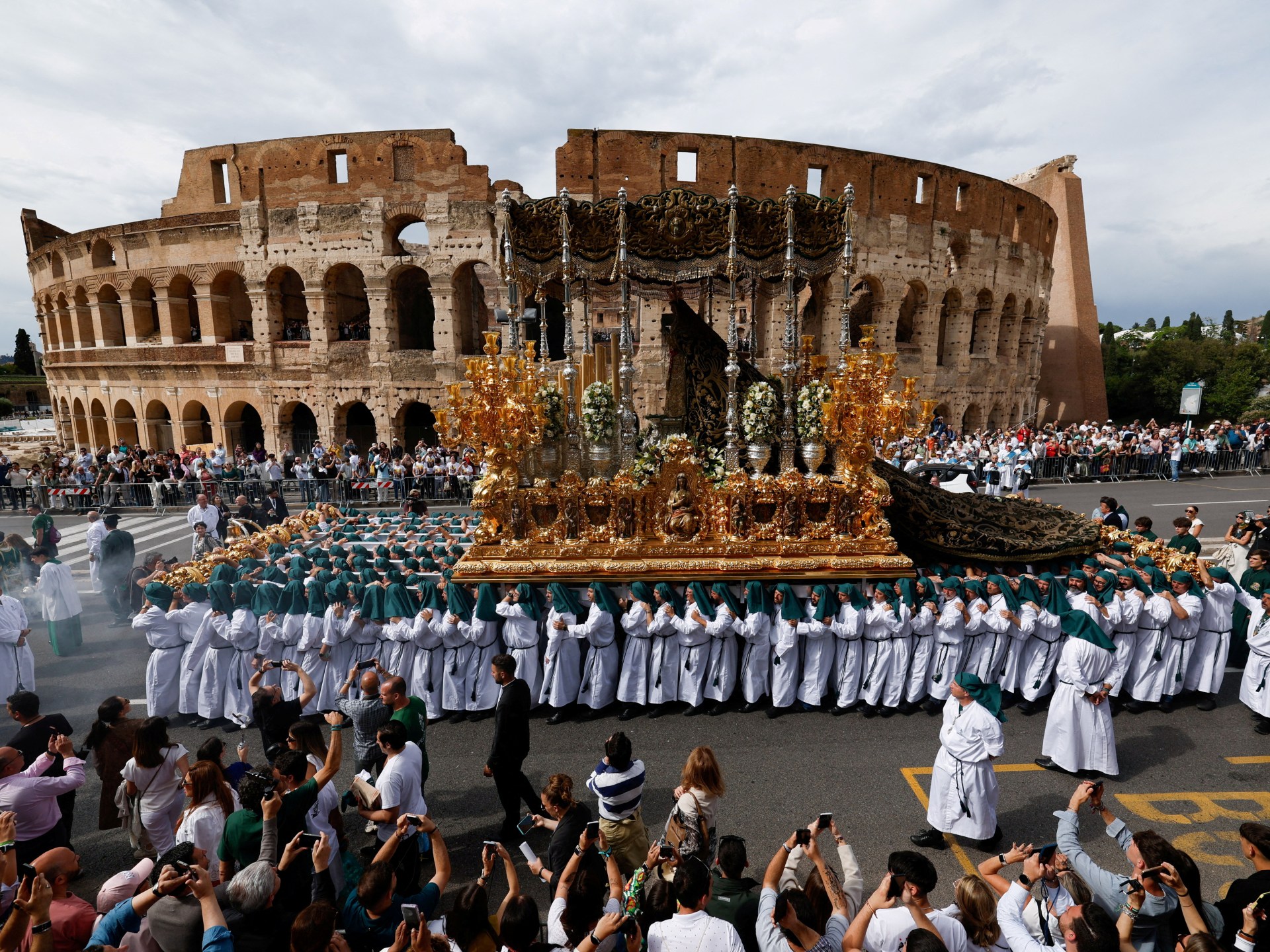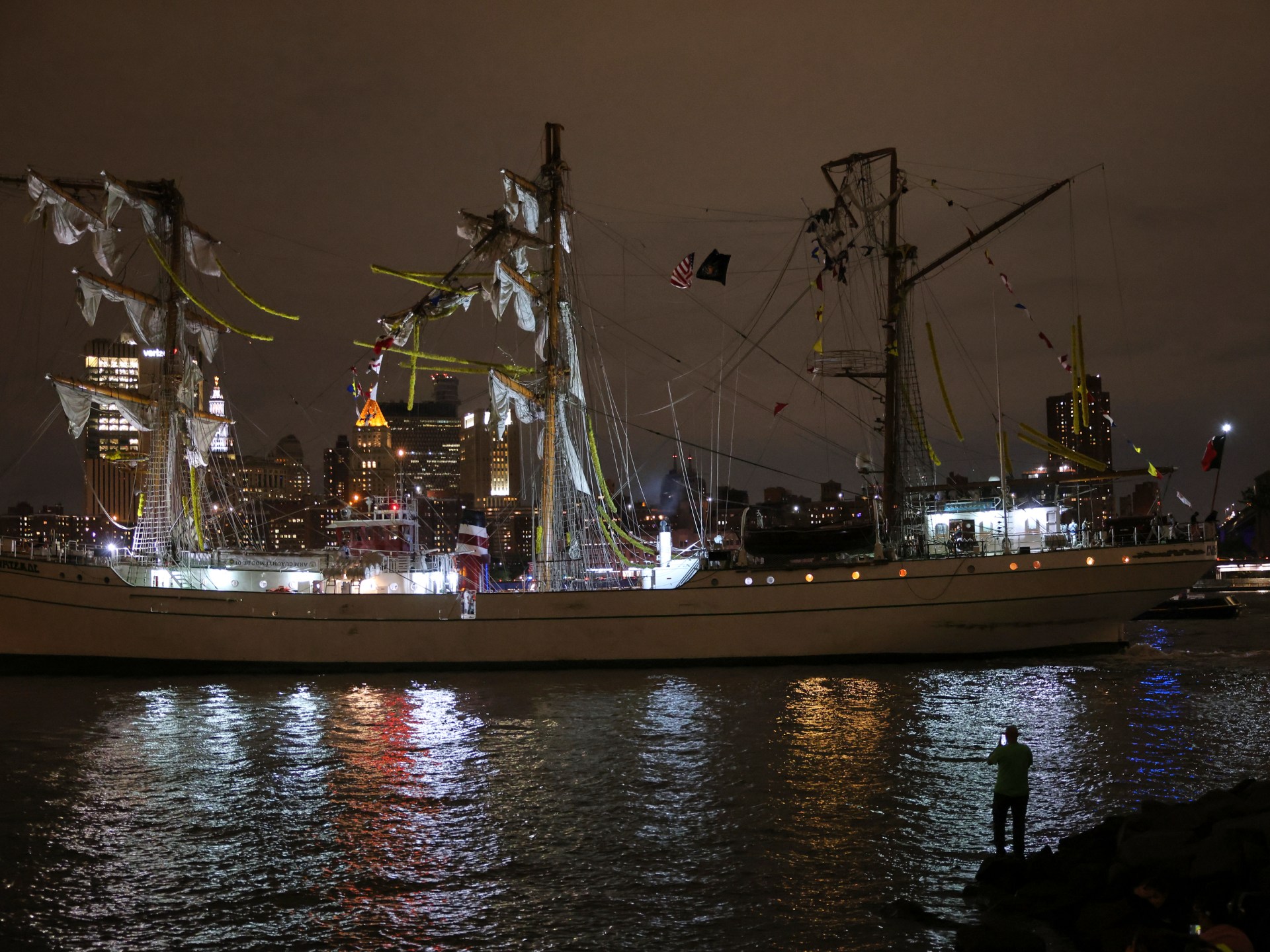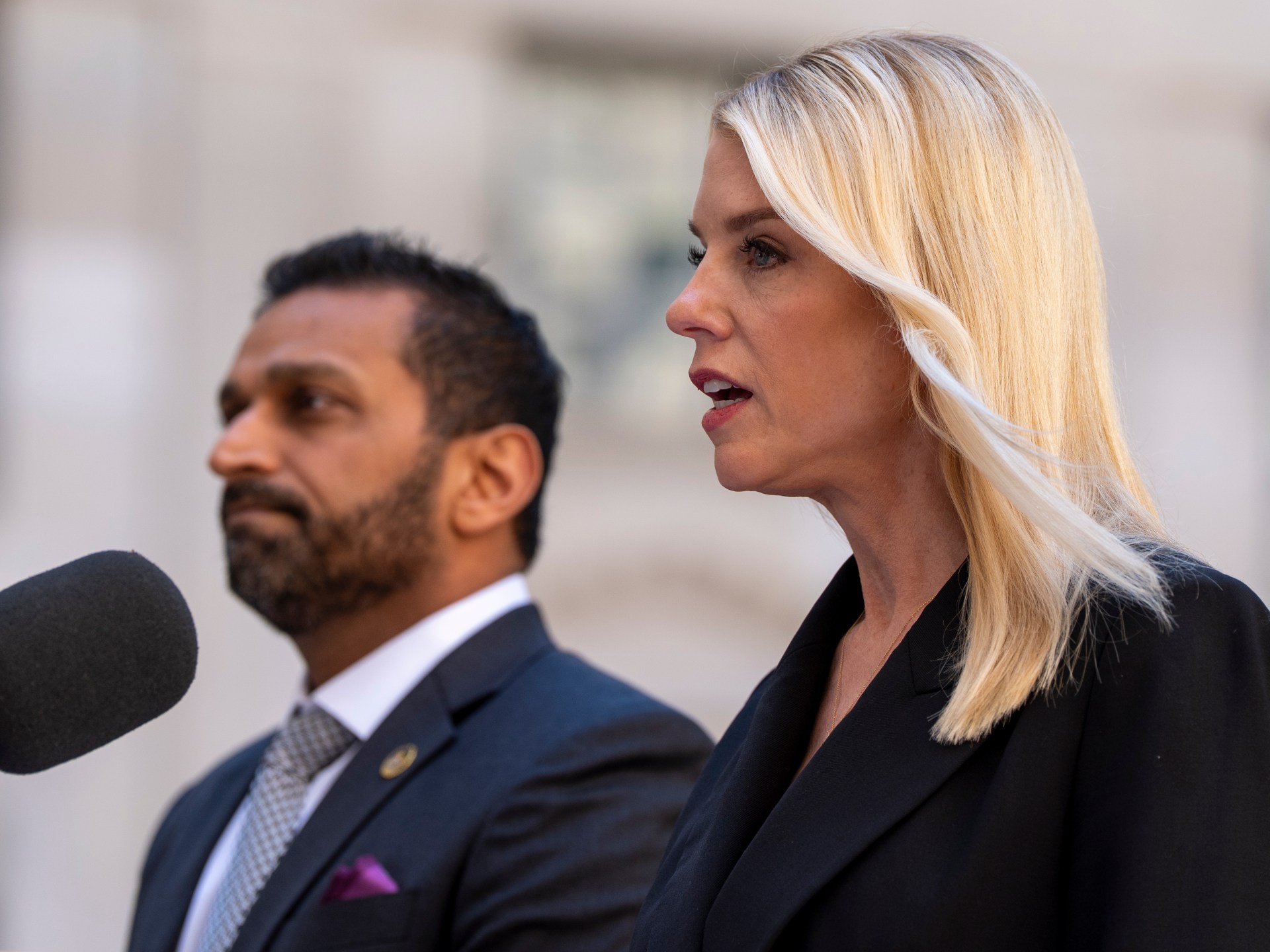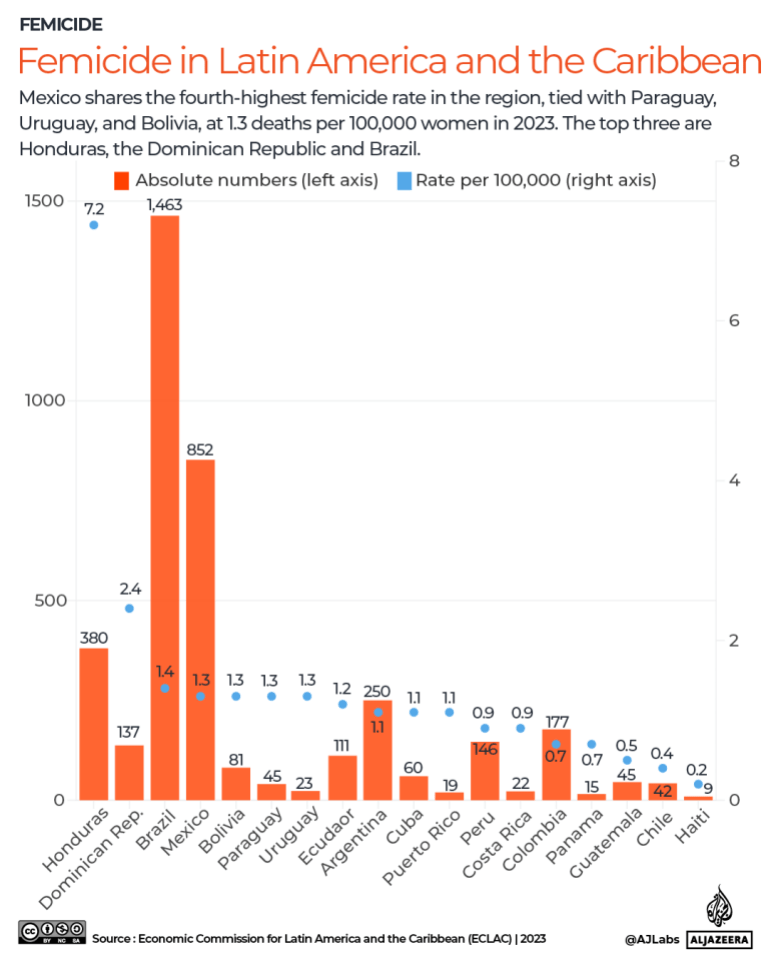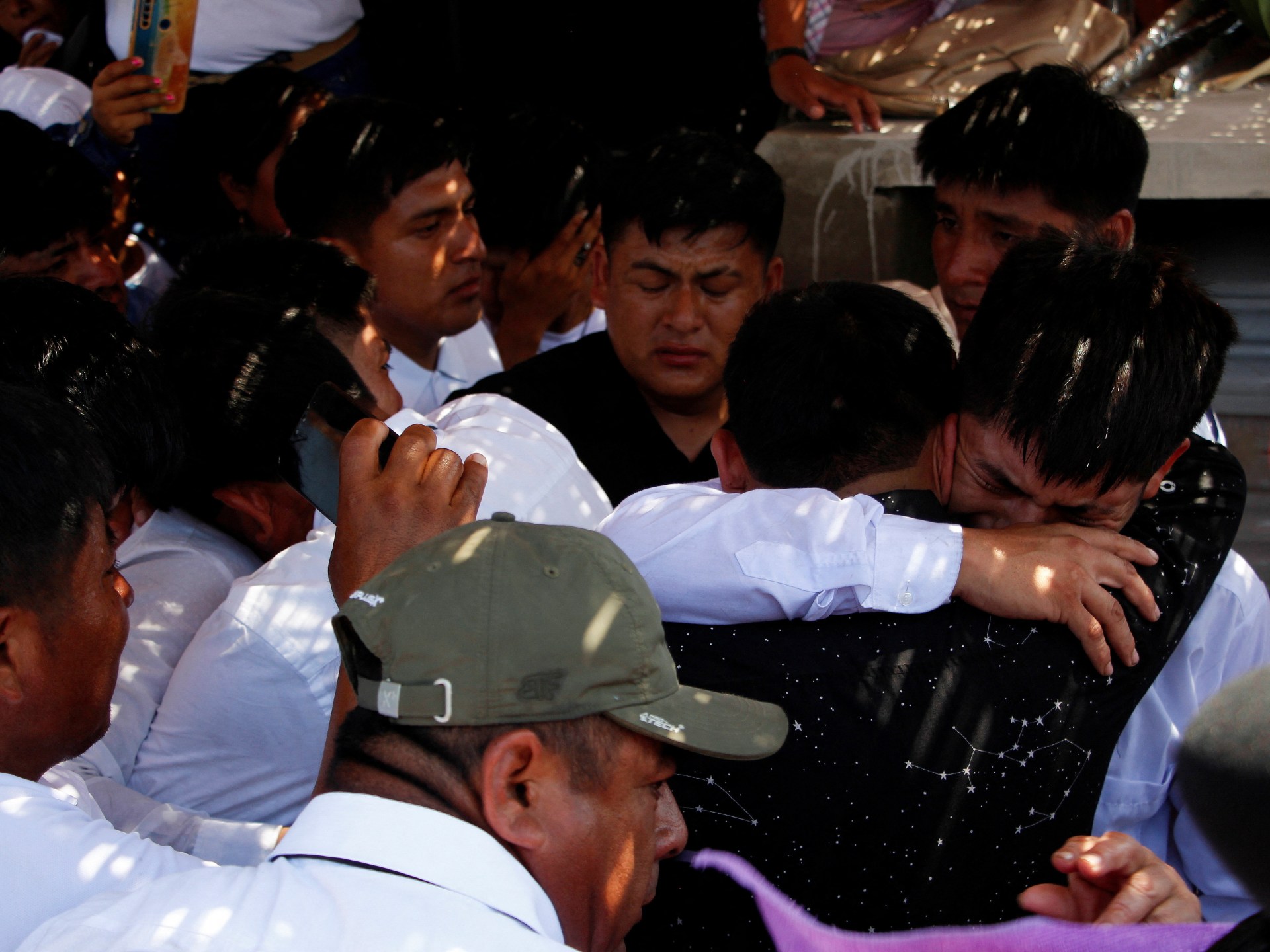A lens on poverty and the environment: Sebastiao Salgado is dead at age 81 | Obituaries News
Known for sweeping black-and-white photography that captured the natural world and marginalised communities, Brazilian photographer Sebastiao Salgado has passed away at age 81.
His death was confirmed on Friday by the nonprofit he and his wife Lelia Deluiz Wanick Salgado founded, the Instituto Terra.
“It is with deep sorrow that we announce the passing of Sebastiao Salgado, our founder, mentor and eternal source of inspiration,” the institute wrote in a statement.
“Sebastiao was much more than one of the greatest photographers of our time. Alongside his life partner, Lelia Deluiz Wanick Salgado, he sowed hope where there was devastation and brought to life the belief that environmental restoration is also a profound act of love for humanity.
“His lens revealed the world and its contradictions; his life, the power of transformative action.”
Salgado’s upbringing would prove to be the inspiration for some of his work. Born in 1944 in the Brazilian state of Minas Gerais, he saw one of the world’s most biodiverse ecosystems, the Atlantic Forest, recede from the land he grew up on, as the result of development.
He and his wife spent part of the last decades of their life working to restore the forest and protect it from further threats.
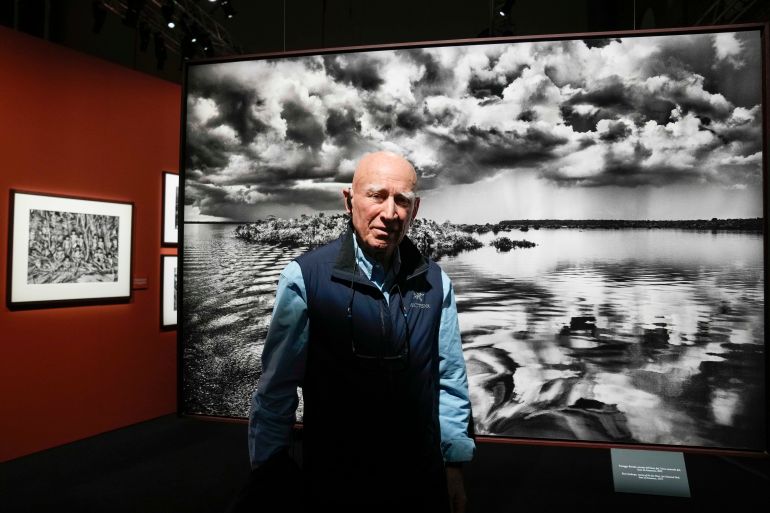
But Salgado was best known for his epic photography, which captured the exploitation of both the environment and people. His pictures were marked by their depth and texture, each black-and-white frame a multilayered world of tension and struggle.
In one recent photography collection, entitled Exodus, he portrayed populations across the world taking on migrations big and small. One shot showed a crowded boat packed with migrants and asylum seekers crossing the Mediterranean Sea. Another showed refugees in Zaire balancing buckets and jugs above their heads, as they trekked to retrieve water for their camp.
Salgado himself was no stranger to fleeing hardship. A trained economist, he and his wife left Brazil in 1969, near the start of a nearly two-decade-long military dictatorship.
By 1973, he had begun to dedicate himself to photography full time. After working several years with France-based photography agencies, he joined the cooperative Magnum Photos, where he would become one of its most celebrated artists.
His work would draw him back to Brazil in the late 1980s, where he would embark on one of his most famous projects: photographing the backbreaking conditions at the Serra Pelada gold mine, near the mouth of the Amazon River.
Through his lens, global audiences saw thousands of men climbing rickety wooden ladders out of the crater they were carving. Sweat made their clothes cling to their skin. Heavy bundles were slung over their backs. And the mountainside around them was jagged with the ridges they had chipped away at.
“He had shot the story in his own time, spending his own money,” his agent Neil Burgess wrote in the British Journal of Photography.
Burgess explained that Salgado “spent around four weeks living and working alongside the mass of humanity that had flooded in, hoping to strike it rich” at the gold mine.
“Salgado had used a complex palette of techniques and approaches: landscape, portraiture, still life, decisive moments and general views,” Burgess said in his essay.
“He had captured images in the midst of violence and danger, and others at sensitive moments of quiet and reflection. It was a romantic, narrative work that engaged with its immediacy, but had not a drop of sentimentality. It was astonishing, an epic poem in photographic form.”
When photos from the series were published in The Sunday Times Magazine, Burgess said the reaction was so great that his phone would not stop ringing.
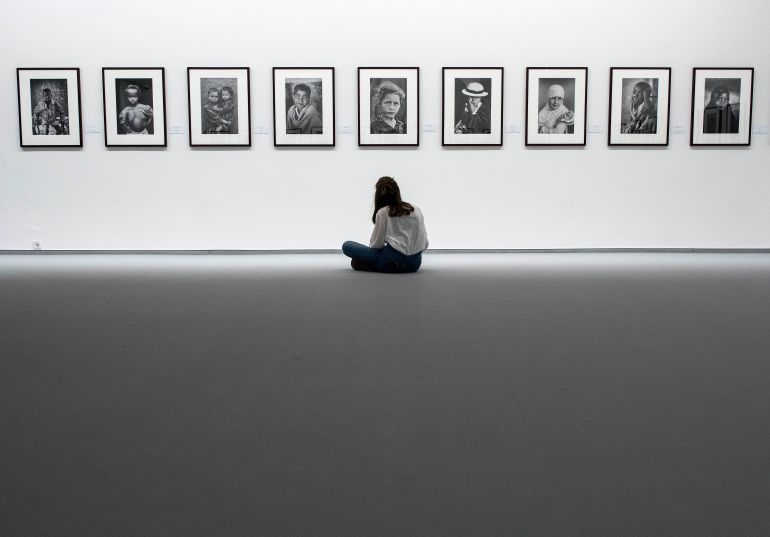
Critics, however, accused Salgado during his career of glamourising poverty, with some calling his style an “aesthetic of misery”.
But Salgado pushed back on that assessment in a 2024 interview with The Guardian. “Why should the poor world be uglier than the rich world? The light here is the same as there. The dignity here is the same as there.”
In 2014, one of his sons, Juliano Ribeiro Salgado, partnered with the German filmmaker Wim Wenders to film a documentary about Salgado’s life, called The Salt of the Earth.
One of his last major photography collections was Amazonia, which captured the Amazon rainforest and its people. While some viewers criticised his depiction of Indigenous peoples in the series, Salgado defended his work as a vision of the region’s vitality.
“To show this pristine place, I photograph Amazonia alive, not the dead Amazonia,” he told The Guardian in 2021, after the collection’s release.
As news of Salgado’s death spread on Friday, artists and public figures offered their remembrances of the photographer and his work. Among the mourners was Luis Inacio Lula da Silva, Brazil’s president, who offered a tribute on social media.
“His discontent with the fact that the world is so unequal and his obstinate talent in portraying the reality of the oppressed always served as a wake-up call for the conscience of all humanity,” Lula wrote.
“Salgado did not only use his eyes and his camera to portray people: He also used the fullness of his soul and his heart. For this very reason, his work will continue to be a cry for solidarity. And a reminder that we are all equal in our diversity.”
